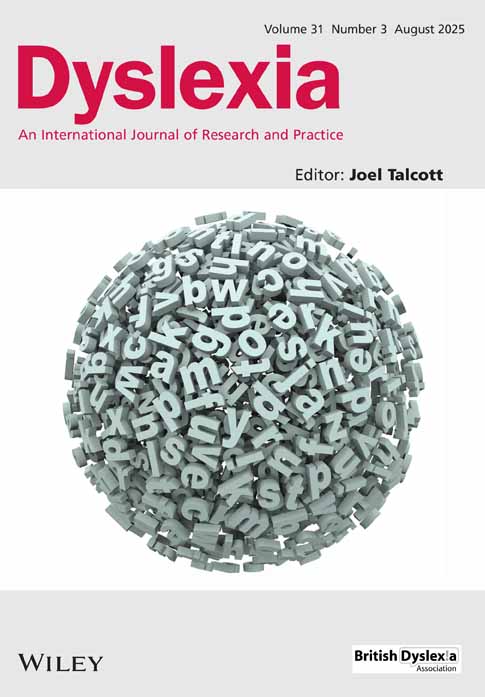Single-digit arithmetic in children with dyslexia
Abstract
It has been suggested that individuals with dyslexia show poorer performance on those aspects of arithmetic that involve the manipulation of verbal representations, such as the use of fact retrieval strategies. The present study examined this in 13 children with dyslexia who showed normal general mathematics achievement and 16 matched controls. All children completed a multiplication and a subtraction task, which were specifically designed to elicit the use of retrieval and procedural strategies, respectively.
Our findings revealed that despite normal mathematics achievement, children with dyslexia were less accurate and slower in single-digit arithmetic, particularly in multiplication. The reaction time data revealed an interesting group by operation interaction. Control children were significantly faster in multiplication than in subtraction, whereas no such operation effect was found in children with dyslexia. This suggests that in multiplication children with dyslexia used less retrieval or less efficient retrieval (or both). This is in line with the hypothesis that children with dyslexia may have difficulties with the verbal aspects of number and arithmetic, as retrieval strategies depend upon phonological representations in long-term memory. Copyright © 2010 John Wiley & Sons, Ltd.




